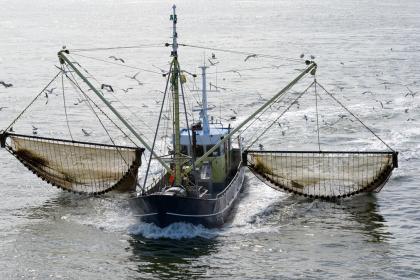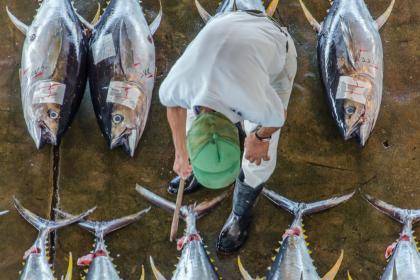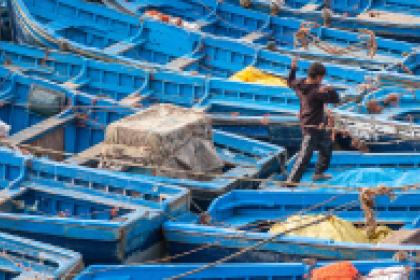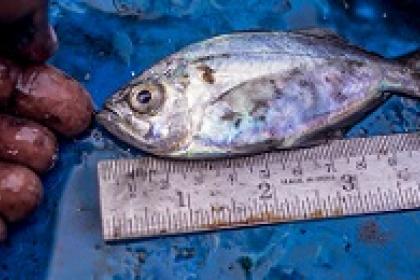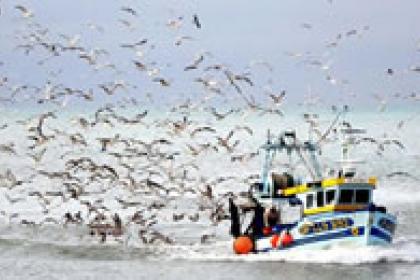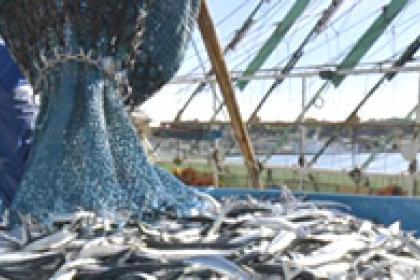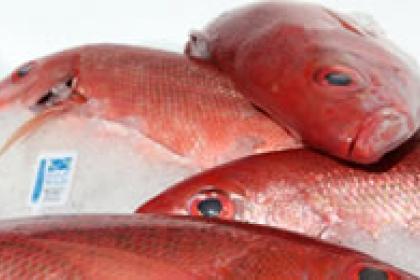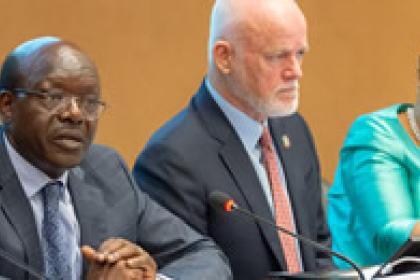Fisheries are a key source of protein and livelihoods for the millions in coastal communities, who are powerless by themselves to tackle the heavily subsidized industrial fishing boats and the overfishing that these involve.
Fishing subsidies are estimated to be as high as $35 billion worldwide, of which $20 billion directly contributes to overfishing. According to FAO data, the percentage of stocks fished at biologically unsustainable levels increased from 10 percent in 1974 to 34.2 percent in 2017.
These subsidies effectively mean that taxpayers are paying industrial boats to degrade the environment and to destroy the food security and livelihoods of vulnerable coastal communities. By fueling unfair competition between large fleets and individual artisanal fishermen, they are also fostering inequality.
These subsidies effectively mean that taxpayers are paying industrial boats to degrade the environment and to destroy the food security and livelihoods of vulnerable coastal communities. By fueling unfair competition between large fleets and individual artisanal fishermen, they are also fostering inequality.
Linked to this precipitous decline in fish stocks, in September 2015 global leaders agreed a new sustainable development goal (SDG) on fisheries, Goal 14, to conserve and sustainably use the oceans, sea, and marine resources. Target 14.6 aims to address harmful subsidies by 2020. The proximity of the deadline has re-energised efforts to advance negotiations on this topic at the World Trade Organization (WTO).
Objective
In July 2016, UNCTAD, FAO and UNEP joined forces to propose a roadmap to ending subsidies – a statement which was supported by more than 90 member States, four international and regional organizations and more than 10 global NGOs.
Members States that support the UNCTAD-FAO-UNEP Statement
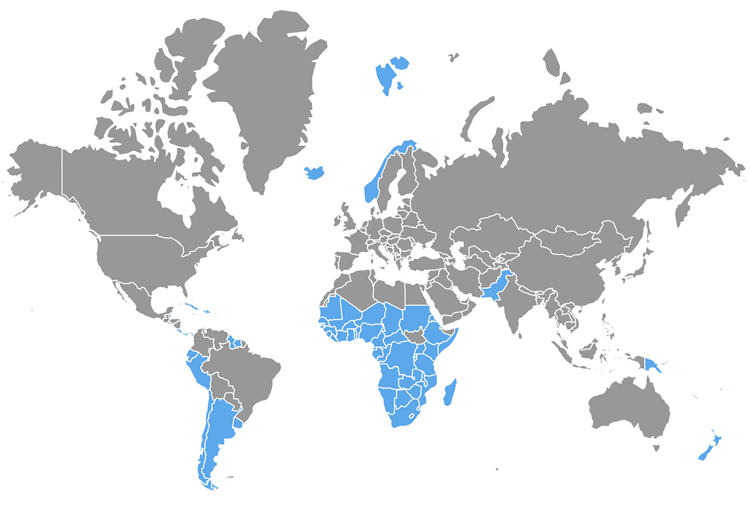
This joint statement calls on Member States to address certain subsidies that contribute to overcapacity, overfishing and IUU fishing.
The roadmap for elimination of harmful fishing subsidies includes a four-point plan:
- Require countries to provide information on what subsidies they are providing.
- Prohibit those subsidies which contribute to overfishing and illegal fishing.
- Introduce new policies tools to deter the introduction of new harmful subsidies.
- Provide special and differential treatment to developing countries.
The UNCTAD-FAO-UNEP statement was fully supported by several Member States such as the African, Caribbean and Pacific Group (ACP), Argentina, Chile, Costa Rica, Ecuador, Iceland, New Zealand, Norway, Pakistan, Panama, Peru and Uruguay, whom are seeking to reinforce it and advance in the implementation of trade-related aspects of SDG 14. It also enjoyed the support of relevant international governmental organizations such as the Commonwealth Secretariat, Common Market for Eastern and Southern Africa (COMESA), and the Pacific Island Forum Secretariat as well as active civil society organizations such as WWF, IOI, Oceana, Sea Around Us, CUTS International, IISD and the Fisheries Economics Research & Changing Ocean Research Units, University of British Colombia.
Since 2016, UNCTAD and partners have been supporting the implementation of SDG 14.6 and a positive outcome at WTO fish subsidies negotiations by enabling open and outside negotiation dialogue and by undertaken research and capacity building activities under its Oceans Economy and Fisheries Programme. Implications of WTO fish subsidies negotiations for both developed and developing countries, specially SIDS and LDCs, have been deeply analyzed at the Oceans Forum on Trade related aspects of SDG 14 and in parallel events at the United Nations Oceans Conference and WTO Ministerial Conferences.
A new impetus was provided by the WTO Buenos Aires Ministerial Decision on Fisheries Subsidies (2017), which mandated to continue negotiations on fisheries subsidies based on emerging consolidated non-attributable texts. Multiple texts have also been put forward by different Chairs of the Fish Subsidies Negotiations and relevant facilitators over the last two years. The decision also set a deadline for the conclusion of negotiations by 2019, which would ensure meeting the SDG 14.6 deadline of 2020.
While the 2019 deadline was not meet, Member States still are committed to deliver a comprehensive agreement on fish subsidies by the end of 2020 or by the next WTO in 2021. UNCTAD remains committed to support Member States and the WTO in this process and to provide the necessary complementary technical assistance to developing countries for the implementation of a future negotiating outcome.



